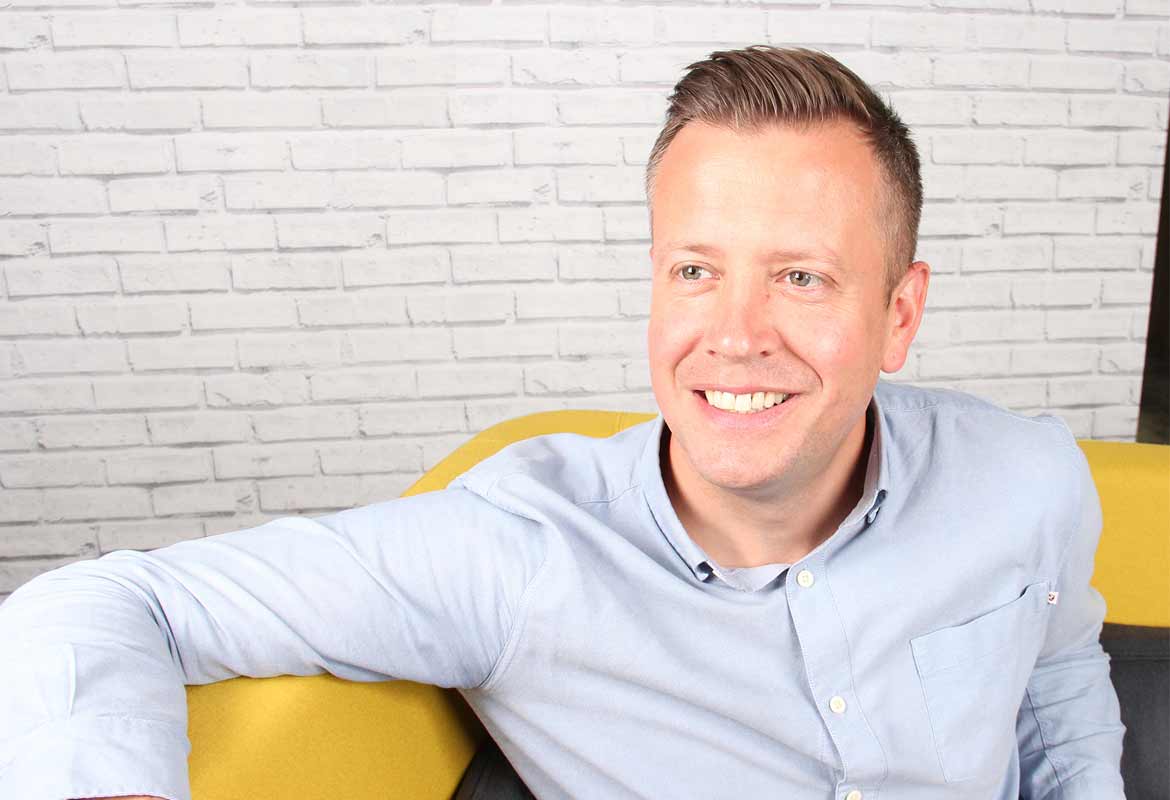Are schools getting the most out of technology?
As part of our ongoing partnership with the Guardian, we supported an event in London to discuss the role of technology in schools.
A panel of experts discussed how to make the most of classroom technology and what strategies would lead to the best decisions being made for students.
At the heart of the debate was the issue of how educators should go about selecting from the many options available in order to make the best use of increasingly stretched budgets.
There was agreement among the panel that gathering robust evidence for the effectiveness of any given piece of technology was a vital part of the strategy.
Naureen Khalid, a school governor and founder of @UKGovChat, said: “As governors, we need to understand that children have mostly just got one chance at education, especially if they come from deprived areas. Therefore, anything which we throw at them, we have to be 100 per cent sure that we are using the right things to give them the best chances.
“When you go to invest in technology, have the evidence base behind you… that shows that particular piece of technology is the right thing for your children, for your classroom and for your school.”
However, the means of gathering the evidence was a more divisive issue. Michael Mann, senior programme manager at Nestor Innovation Lab argued that small-scale trials should always come before big investments. He said: “Do small-scale testing with a teacher passionate about it and they can show other teachers where it is relevant and where it isn’t.” He continued: “If they find out it doesn’t work – which is often the case – a costly rollout can be avoided.”
This was echoed by John Galloway, advisory teacher for ICT/SEN and inclusion, Tower Hamlets Council, who advocated a teacher-led approach to technology procurement. He said: “The key to successful use of technology in schools is to trust teachers. If technology is imposed from above and teachers are told ‘take this and use this in your lesson’ without having the opportunity to think about it, try it out, and to make that decision for themselves, I think that’s where technology fails.”
Donald Clark, founder of technology in education company PlanB Learning, contended that in-depth academic research into the educational effectiveness of the technology was the key, and that allowing teachers to trial solutions risked wasting teaching time and implementing ‘faddish’ solutions.
He said an example of this was the wide-spread use of tablets in schools. He argued that these are a consumer device that have been shown to cause higher error rates when writing, and that pupils should be taught to use professional tools.
“We’ve gone through 10 years of device fetishism. You have to look from a pedagogic and learning point of view. [Tablets] slow kids down, they resort to a truncated style and it is a disaster in terms of literacy.”
But one area where there was agreement from the whole panel was the potential that technology has to revolutionise the way young people are educated in the years ahead. John Galloway said: “Technology changes lives. With just a few hundred quid on a device and an app, we now have the ability to give a child a voice. Whereas, not that long ago, to do the same thing would have cost several thousand pounds.
"Having a voice is one of the most fundamental necessities of being a functioning, communicative, social human being."
Find out more about education specific solutions and services from Brother.
Read more about how new technology helped teachers get back their teaching time here.




